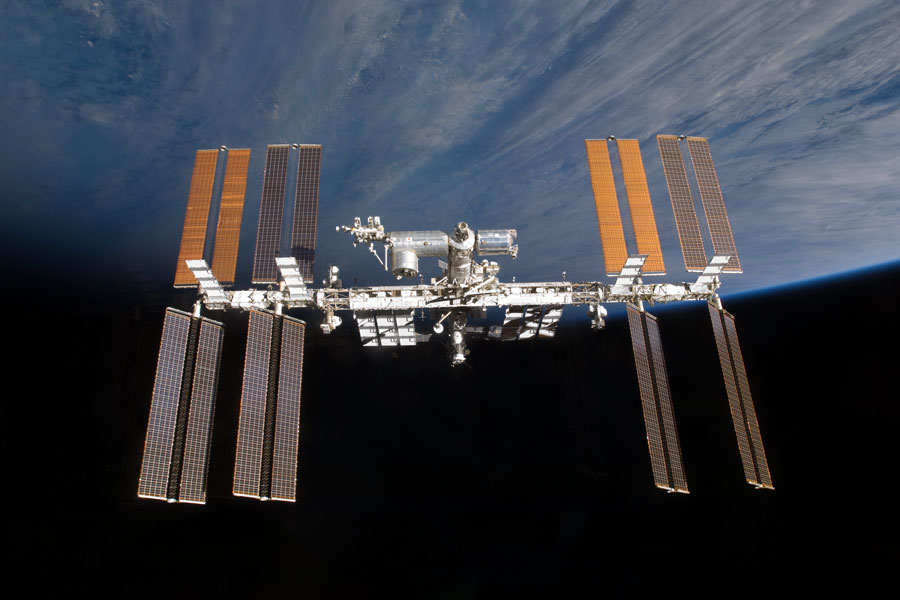The idea of living forever has held great fascination for many great minds,
but just like the pursuit of a perpetual motion machine it is an impossible dream,
and for the same reasons.

Image source: Wikemedia, public domain.
Here are some basic logical requirements of living forever.
In order to live forever one must first be alive.
As soon as we start discussing life we need to define it. For our purposes it is sufficient to say that a thing is a living thing if it maintains its own structure at the expense of structure in its external environment. It is a matter of flows between order and chaos, order and randomness. In a word: entropy.
Life can subsist on nonlife
Many things take in minerals, gases and even energy in order to sustain themselves. It is perfectly conceivable that humans could build machines to convert minerals and solar energy into food. Even if we were to accidentally - or arrogantly - destroy every other living thing on our planet, humans could survive.
In order to live forever one must eat forever.
Every living thing must consume some sort of food. That is because, even when fully grown it needs 'building blocks' and energy to repair itself, energy to maintain its thermal comfort range and, in many cases, energy to produce motion.
For as long as a thing lives, random damage to its structure will occur. To put right that damage, the life-form must consume either food or its own stores of food. A forever kind of life needs a forever kind of food supply to maintain itself.
Forever in a finite universe
If the universe is finite in extent, then even if humans could spread throughout the universe the time would come when all sources of raw materials were consumed. At this point the only food option would be cannibalism.
The 'last-man-standing' would then starve to death.
Forever in a infinite universe
This is the best option for anyone who wants to live forever. There will never be any danger of running out of food. Or will there?
An expanding population will expand into the cosmos. Sooner, rather than later, there will not be enough matter in the cosmic biosphere to feed humanity. Either reproduction stops or expansion into the cosmos must accelerate.
Alternatively, a fixed or slowly growing population could form an ever-expanding bubble of humanity. Within the bubble would be a sphere of heat death, a wasteland.
To a godlike observer it would appear that some sort of singularity was converting planets, stars and galaxies into low grade energy.
Reality check time
Of course, the prospect of expanding into space at such a rate and to such devastating effect is in a far, far future. But what of today - what of our planet?
We are the only living species empowered to choose whether or not to inflict chaos on our biosphere.
The laws of thermodynamics can't be bought off with bribes;
they can't be reasoned with;
they will not vanish if we will but close our eyes;
they refuse to be buried in landfill;
they favor no political party, no creed;
there are no coal, oil, nuclear or geothermal laws of thermodynamics.
Conclusion:
Armed with our knowledge of nature's immutable laws, let us work together using the tools of science to leave this planet, its wealth and its beauty as a gift in inheritance to all future generations.
If we fail to act as ethical custodians of our planet then humanity will never know the joy of touching the stars.
Thanks to more than a century of profligate waste, it has fallen on the shoulders of those now living to decide if planet Earth will be our gateway to the stars, or
The Place Where Forever Ends.
-----------------------------------------




Comments